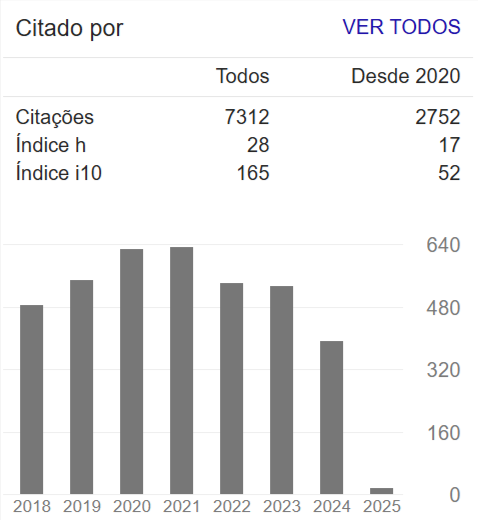EFFECT OF GEOLOGICAL FORMATIONS ON QUALITY OF QUATERNARY AQUIFERS
Abstract
Providing fresh water for irrigation, industry and drinking is one of the most important
limitations for progress especially in arid and semiarid regions. In these areas, the main source of water
belongs to underground water, and the quality of water depends on the geological formation and salinity
of upper players of the aquifer. So, the chemical properties of sediments and geological formations of the
studied areas are very important.
The effect of various geological formations from Pre- Cambrian to the recent Era in Iran has been
considered to see their effects on water quality. The kinds and concentration rates of different materials in
water depend on rocks and composited materials, which are in contact with water.
According to the geological map of Iran, there are 212 geological formations in Iran with different
properties such as: lithology, erodibility, and rate of chemical weathering, salinity and so on.
The study was done in 4 different provinces named as: Fars, Hamadan, Semnan and Zanjan. There
was a flood spreading research station in each province. Soil and water samples were collected from soil
surface, groundwater and corresponding rivers and analyzed for EC, PH, cations, anions and calculation
of SAR. The results showed that geological formation is one of the most important and effective agents
on the quality of water. Also sedimentary formation with respect to igneous and metamorphic ones plays
a large role in quality of water. However, Miocene, marl formations affected the groundwater quality and
increased it’s concentration and EC.

















